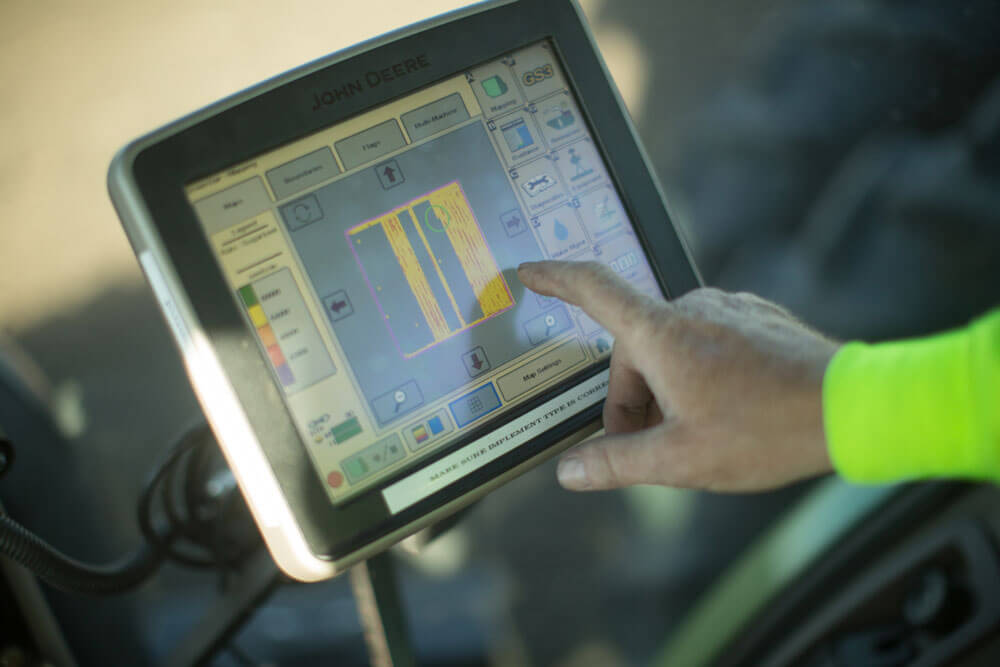Delivering on Data Quality

A lot of companies say they can deliver data. But how can you be sure that data is providing reliable information that’s applicable to your operation?
One thing to look for when it comes to data is how many times a particular hybrid has undergone field testing. The Corn Characterization Charts feature on the WinField R7® Tool, for example, uses factors such as soil type, crop rotation, plant populations and management practices to help you choose the hybrids that are best suited to your fields.
Every hybrid listed in each chart includes a least significant difference (LSD) — a metric indicating that enough side-by-side replications have been performed on these products to virtually eliminate field variability. This lets you confidently choose hybrids based solely on genetics.
So, make sure you demand quality data. If someone recommends that you can dramatically cut your fertility program, don’t take their word for it. Demand to see data that supports this course of action, and understand the type and quality of the data you’re looking at. If it doesn’t include LSDs, if it’s not replicated, question it.
In today’s tough commodities market, there is little room for error. Using quality data can help optimize your decision-making process and increase your chances for success.
One thing to look for when it comes to data is how many times a particular hybrid has undergone field testing. The Corn Characterization Charts feature on the WinField R7® Tool, for example, uses factors such as soil type, crop rotation, plant populations and management practices to help you choose the hybrids that are best suited to your fields.
Every hybrid listed in each chart includes a least significant difference (LSD) — a metric indicating that enough side-by-side replications have been performed on these products to virtually eliminate field variability. This lets you confidently choose hybrids based solely on genetics.
So, make sure you demand quality data. If someone recommends that you can dramatically cut your fertility program, don’t take their word for it. Demand to see data that supports this course of action, and understand the type and quality of the data you’re looking at. If it doesn’t include LSDs, if it’s not replicated, question it.
In today’s tough commodities market, there is little room for error. Using quality data can help optimize your decision-making process and increase your chances for success.


